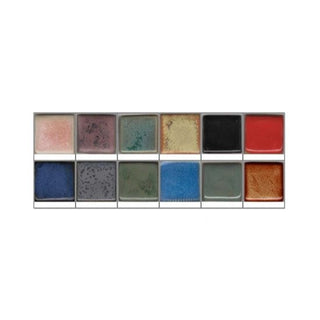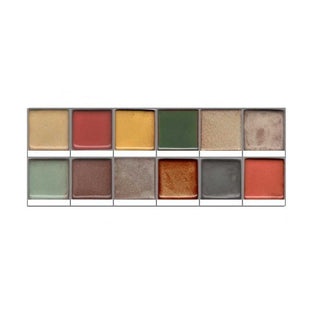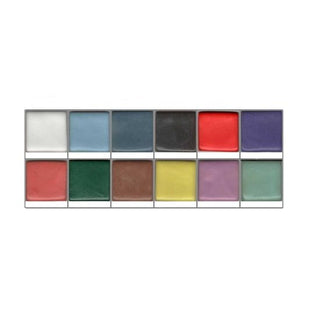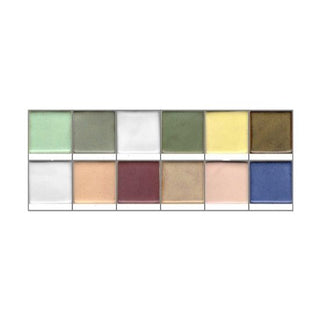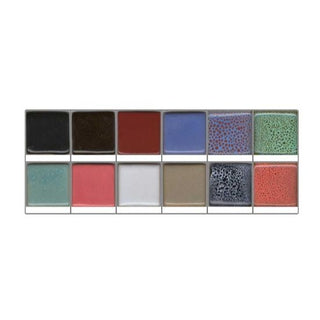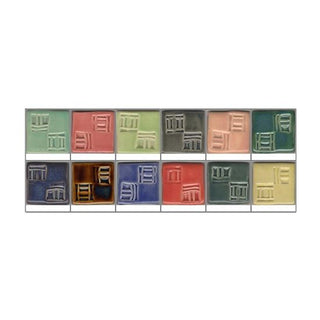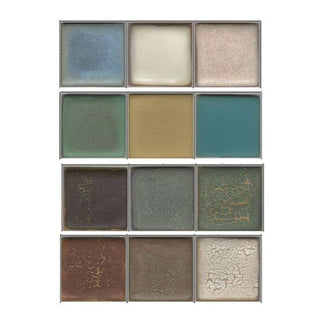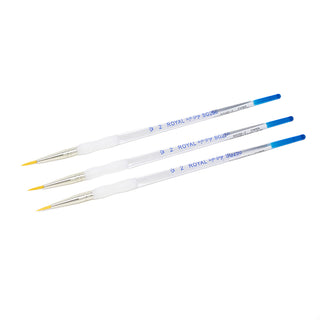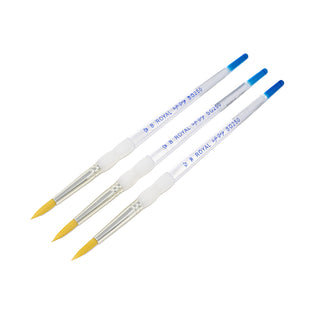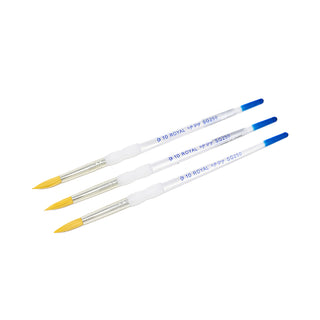THE TEACHERS LOUNGE
WELCOME TO THE TEACHERS LOUNGE
Sheffield Pottery holds one of the nation’s most complete offerings to outfit and maintain any pottery and ceramics program within your institution, as well as knowledgeable support and service.
We are an authorized distributor of all major brands of kilns, potters’ wheels, tools, safety equipment, studio furniture and glazes and more. We manufacture our own premier line of over 40 clay bodies and warehouse a vast inventory of ceramic art supplies, including dry materials ready to ship!
Sheffield Pottery offers special Educational Discounts on ceramic art school supplies to Schools, Camps, Colleges, Universities and Non-Profit Organizations that includes special pricing on bulk delivered clay with free shipping deals and discounted pricing as shown on our website on most of our products from small hand tools to large equipment and kilns too!
To open a new account or update your existing account, please complete our NEW SCHOOL INFORMATION FORM and click submit. The education department will receive a notification that is has been complete and email you when it is ready. Processing time could be 2-3 business days.
Some typical Sheffield Pottery products found in the classroom include:
-
Safety tested low fire clay bodies such as Berkshire White and Mass Red.
-
Safety tested mid to high fire clay bodies such as Liz’s Light, 95400 and 4D3B.
- A wide variety of classroom-safe AP safe glazes.
- Here is our full list of Raw Materials (check availability via our website).
- Brushes, sponges and hand tools.
-
Kilns, mixers and pug mills for advanced ceramics
studies. - Work tables, cabinets and other studio furniture.
- Air filtration systems, gloves, respirators and other safety equipment.
- See our ceramic reference knowledgebase for more information including a great guide for What Kind of Clay Should I Get?
KEEPING YOUR CERAMICS CLASSSROOMS/STUDIO CLEAN AND SAFE
The best way to keep safe in the classroom is to reduce the exposure to clay dust. Long term exposure to clay dust may lead to silico
sis which can be a fatal lung ailment. Teaching your students good clay habits right away is the best way to stay healthy!
Any individual who comes in contact with clay, glazes and other ceramic materials should be aware of the health hazards involved. The most dangerous materials are found in the form of dry dust, airborne glazes, and kiln fumes, all of which can enter the body through the skin, inhalation and ingestion.
Free silica, which is contained in clay dust, feldspar, and talc can be hazardous through long term absorption or inhalation. The following materials can be especially hazardous: barium, cadmium, chrome, lead, lithium, manganese, Mason Stains, nickel, potassium, selenium, and vanadium.
For your safety we suggest the following procedures while working with ceramic material:
- Always keep your are clean.
- Wash thoroughly after working.
DO NOT
- Dust, sweep or vacuum: It is not recommended for clay because these methods put dust into the air.
- No rugs: Most rugs are impossible to clean in a safe way unless they can be rolled up and totally laundered in a large commercial facility.
- Do not allow sandpaper.
- Never work on dry clay: Smooth it by sponging and if it is too dry, spray it with water.
- Do not eat, drink, or smoke in ceramic areas.
KEEPING CLEAN AND SAFE
All dry pottery clay and dry glaze produces dust, so keep it wet to avoid dust.
- Purchase wet clay bodies and premixed glazes.
- Daily wet mopping or hosing down to a floor drain is good.
- Large wet sponges are essential to clean worktables, counters, wheels, and small floor areas. Use repeated sponging with washed out sponges to remove clay haze.
- Instruct students to use wet sponges and immediately spot clean any drips around the wheels and pick up all crumbs before they get walked on. Train them to carry two clean sponges from the sink so the first sponge gets the mess, and the second sponge removes the residue.
- If cleaning makes any dust at all, it should be done at the end of the day, so the dust settles out of the air before the space is inhabited.
-
Install ventilation equipment where necessary.
-
Read all warnings, directions, and labels.
- Wear a HEPA filter mask and other protective clothing while cleaning.
Teachers are much more at risk than students because of the time spent in the environment. Teaching students to respect the ceramic classroom/studio and avoid the dust in the first place, is best!
What do ACMI labels mean?
Look for the ACMI Sealsso you will know the product has been evaluated by a qualified toxicologist for both acute and chronic hazards. Follow all safe use instructions.
Children in grade six and lower and adults who may not be able to read and understand safety labeling should use only non-toxic materials.
Purchase only products with the ACMI AP Non-Toxic Seal for young children, the physically or mentally handicapped, and any persons who cannot read or understand the safety labeling on product packages.
Be sure to read the label on all products you use so you will know they have been evaluated and are non-toxic or need special handling to avoid possible health hazards from misuse. Observe good work habits and teach them to others.

The AP (Approved Product) Seal identifies art materials that are safe and that are certified in a toxicological evaluation by a medical expert to containno materials in sufficient quantities to be toxic or injurious to humans, including children, or to cause acute or chronic health problems.

The CL (Cautionary Labeling) Seal identifies products that are certified to be properly labeled in a program of toxicological evaluation by a medical expert for any known health risks and with information on the safe and proper use of these materials. These products should never be given to children in grade 6 or lower or anyone with aphysical or mental handicap who is unable to read and understand safety labeling on packages.
For more information, please visit the Art & Creative Materials Institute here: https://members.acmiart.org/index.php
For helpful information about nearly anything! https://digitalfire.com/
Helpful Resources for Pottery and Kiln Enthusiasts
Amaco/Brent
- Amaco Classroom
https://www.amacoclassroom.com/ -
Tutorials
https://amaco.com/resources/tutorials
Spectrum Glaze
- SDS Sheets
https://www.spectrumglazes.com/safety-data-sheets/ -
Color Charts you can print!
https://www.spectrumglazes.com/glaze-color-charts/
Coyote Glaze
-
Safety Information
https://coyoteclay.com/Safety.html -
Dry Glaze Mixing Instructions
https://coyoteclay.com/Dry.html -
Dry Glazing and Firing Instructions
https://coyoteclay.com/Instructions.html
Opulence Glaze by Midsouth
-
Glaze Videos
https://midsouthceramics.com/opulence-glazes/#videos -
Mixing Instructions
https://midsouthceramics.com/opulence-glaze-mixing-instructions-safety-data-sheets/#instructions
-
SDS Sheets
https://midsouthceramics.com/opulence-glaze-mixing-instructions-safety-data-sheets/#sds
L&L Kilns
GR Pottery Forms
Skutt Kilns
Orton Cones Kiln Chart
Mayco Colors
Kiln Support from L&L Kilns
Kiln Support from Skutt Kilns
Shimpo/Nidec Product Support
Amaco/Brent Product Support
Care of the Education/Schools Sales Department of Sheffield Pottery, Inc. 2025 schools@sheffield-pottery.com
You’re viewing 1-10 of 10 products
Special Educational Discounts on Ceramic and Pottery Art Supplies For Schools.
OUR PROCESS
Natural Sheffield Clay is mined on our property from as seen at one of the open clay pits. The Sheffield Clay deposit is located in Sheffield, Massachusetts, on U.S. Route 7 in the Southwest corner of Berkshire County.


